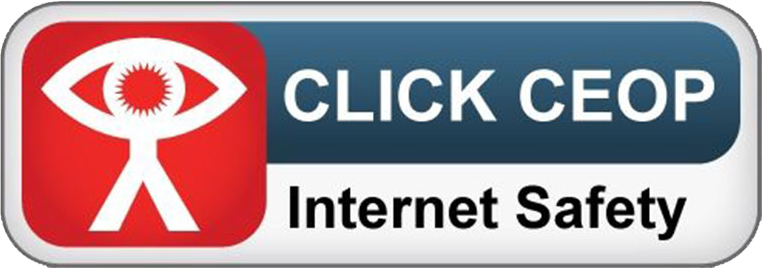Introduction
History can mean two things: the past and the study of the past. The past influences all our lives. It shapes the customs and beliefs of the communities to which we belong. Learning about the past and methods used to study it helps children make sense of the world in which they live.
Aims
Our aim in history is to give as much opportunity as possible for children to have empathy with the world around them; whether this be in the past, present or future. History is not a static area, but alive and breathing; continually shifting between opinions. The study of history should encourage the development of this understanding, leading to open-minded views of cause and effect. This approach also stimulates intellectual skills, engaging children’s minds on why something changed rather than what changed.
Pupils are encouraged to develop:
We should also seek to encourage pupils to develop the following skills:
Content
The History curriculum at Three Ways School is drawn from the National Curriculum and AQA guidelines.
Method and Organisation
History is mainly taught as a series of units across Key Stages 1-3. Each year group receives two sessions of History each week for
three out of six terms, alternating with Geography. The units have been chosen to cover the National Curriculum six areas of study. Good historical practice will first be associated with experiences within the local area, which builds upon pupils’ real-life hands-on experiences of evidence and enables them to develop both understanding and skills. KS4 study history as part of their AQA Unite Awards Humanities accreditation.
Throughout the key stages, planning should allow children to be encouraged to develop:
Record keeping is essential to ensure progression in historical skills and experiences through appropriate programmes of study. Due
to the nature of the History programme of study and scheme of work, a good proportion of study involves hands-on real experiences. As a result, photographic evidence is invaluable for recording learning as it occurs.
Cross Curricular Links
As with other aspects of the curriculum, elements of history may interrelate with work done in other subject areas, at all key stages. Staff will endeavour to make the most of these opportunities.
Assessment Recording and Reporting
The class teacher is responsible for the actual planning and recording of history as it occurs each week. Pupil progress should be monitored through observations and by using planning, learning objectives and EfL data. This information is then used to report to the senior management team, the co-ordinator and parents, via EfL, curriculum record and planning sheets, annual reviews and Plans for Learning.
Information gained is also used to inform future planning for current as well as new teachers.
Geography is an integral part of the curriculum at Three Ways School, as it combines not only the concepts outlined in the National Curriculum, but also underlines many of the independence skills that we aim to foster in all our pupils.
Geography helps pupils to develop an understanding of their environment. It relates to many aspects of the pupil’s own life and the world in which they live, being concerned in the first instance and their immediate surroundings and going to extend their interests and knowledge beyond their direct experiences.
Aims
Geographical studies should help pupils to: interpret geographical information, i.e. Fieldwork, map work and enquiry, including techniques of clear, logical and accurate thought. river, seas, oceans and landforms-how and why landscapes develop. the effect that man can have upon it.
graphs and diagrams.
Content
The geography curriculum at Three Ways School is drawn from the National Curriculum and AQA guidelines and Equals Scheme.
Method and Organisation
Geography is mainly taught as a series of units across Key Stages 1-3. Each year group receives two sessions of Geography each week for three out of six terms, alternating with History. Good geographical practice will first be associated with experiences within the local area, which builds upon pupils’ real-life hands-on experiences and enables them to develop both understanding and skills. KS4 study geography as part of their AQA Unit Award Humanities Accreditation Throughout the key stages, planning should allow for the integration of:
Record keeping is essential to ensure progression in geographical skills and experiences through appropriate programmes of study.
Due to the nature of the geography programme of study and scheme of work, a good proportion of study involves hands-on real experiences. As a result, photographic evidence is invaluable for recording learning as it occurs.
Cross Curricular Links
As with other aspects of the curriculum, many elements of geography interrelate strongly with work in other subject area at all key
stages.
Many classroom routines and everyday events lend themselves to the development of geographical ideas all staff will endeavour to make the most of these opportunities.
Assessment Recording and Reporting
The class teacher is responsible for the actual planning and recording of geography as it occurs each week. Pupil’s progress should be monitored through observations and by using planning and learning objectives. This information is then used to record progress. Information gained is used to inform future planning for current as well as new teachers.

